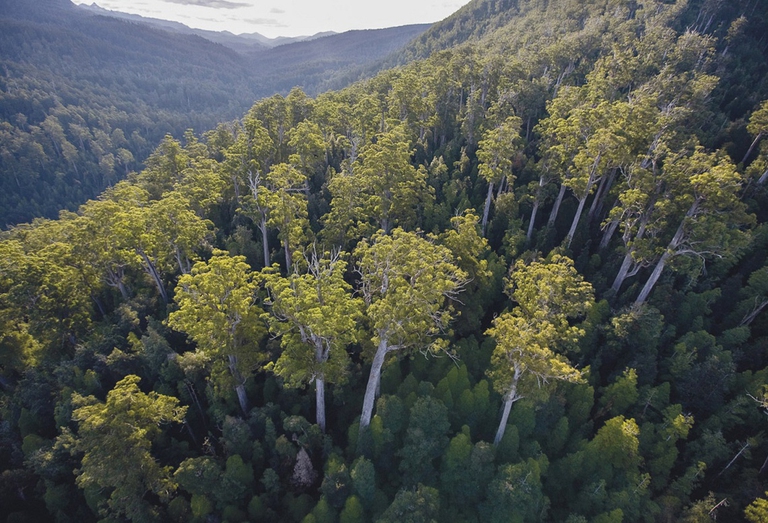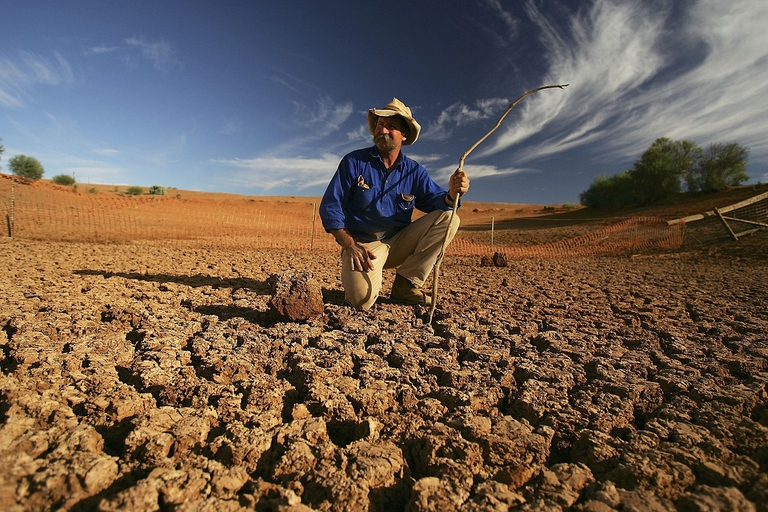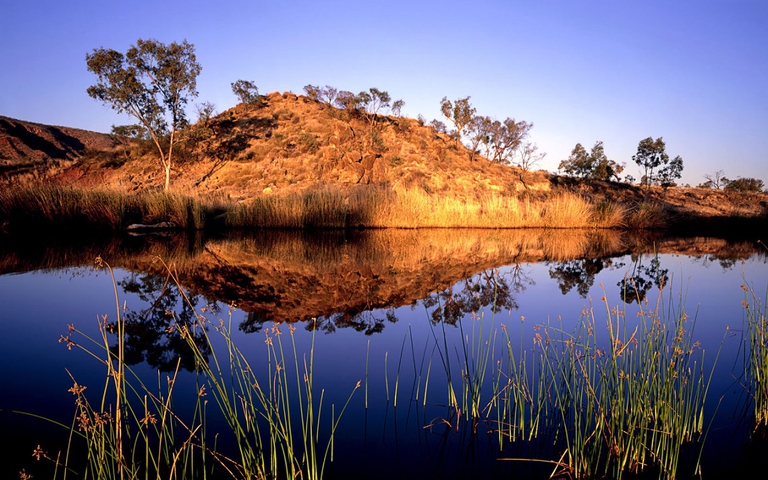
A report by Ember explains that in 2025 electricity generation from renewables (solar, wind and hydropower) surpassed that from fossil fuel sources.
In Australia l’aumento della copertura arborea provocato dall’anidride carbonica sta riducendo le risorse idriche.
The large quantities of carbon dioxide we emit in the atmosphere contributing to alter global climate, have real effects on trees and plants. In fact, CO2 plays an essential role in the photosynthesis process of these organisms.
On the one hand, CO2 stimulates trees to grow, on the other hand it makes them “thirstier”, leading them to absorb more water from the soil, taking it from rivers. In Australia, water shortage is a serious problem that risks getting worse due to rising temperatures. A study reveals that the country lost about one fourth of its water flows over the past 30 years, a phenomenon that has been exacerbated by plants’ water need linked to their growth, which is stimulated by CO2.
The research, carried out by Anna Ukkola, researcher of the Macquarie University of Sydney, and published by Nature Climate Change magazine, has analysed 190 Australian river basins, examining satellite images and linking water scarcity to the increasing greenery due to carbon dioxide rising levels.
Researchers found that in greener areas there’s less water. In general, the “greening” process triggered by CO2, which registered an increase of 14% since 1980, is responsible of having reduced river flows by 28%.
The research shows that rising CO2 levels can have 2 opposite effects on water resources, depending on the reaction of small pores on leaf surface, called stomata, which allow plants to control CO2 absorption and water loss.
On the one hand it can make plants more resistant and adaptable. By result, they would need lower amounts of water to produce the same surface of vegetation. This would favour farmers that have large amount of water.
However, in Australia’s arid areas, water flows reduction exacerbates the current harsh situation of water resources, and put farmers on their knees, since they rely on streams for irrigation.
“While there are clearly some positives for growth found by this research, it also shows us that some of our crucial agricultural areas will not see these benefits because of the future impacts of climate change on rainfall,” concluded Ukkola.
Siamo anche su WhatsApp. Segui il canale ufficiale LifeGate per restare aggiornata, aggiornato sulle ultime notizie e sulle nostre attività.
![]()
Quest'opera è distribuita con Licenza Creative Commons Attribuzione - Non commerciale - Non opere derivate 4.0 Internazionale.
A report by Ember explains that in 2025 electricity generation from renewables (solar, wind and hydropower) surpassed that from fossil fuel sources.
The Tyler Prize, considered the “Nobel Prize for the Environment,” has been awarded to Toby Kiers, an American biologist working in Amsterdam.
Belgium is one of the countries most exposed to climate change. Dune–dikes are a solution to curb sea-level rise.
Between October 2024 and September 2025, the average temperature in the Arctic was 1.6 degrees Celsius higher than during the 1991–2020 period.
Undeclared conflicts of interest, paid authors, lack of transparency: one of the most cited studies on glyphosate, published in 2000, has been retracted.
The Copernicus service has released data for the first eleven months of 2025: global warming is set to come close to last year’s record.
The European Council and Parliament have reached an agreement on the European Commission’s proposal to deregulate new GMOs. But farming, organic agriculture, and environmental organizations are calling for it to be stopped.
The world’s second-largest producer has taken a historic decision. However, farms will have until 2034 to shut down.
A Greenpeace report denounces Russia’s political and economic model: a nexus of extractivism, authoritarianism and war that is destroying the environment, with serious repercussions for the global ecosystem.










